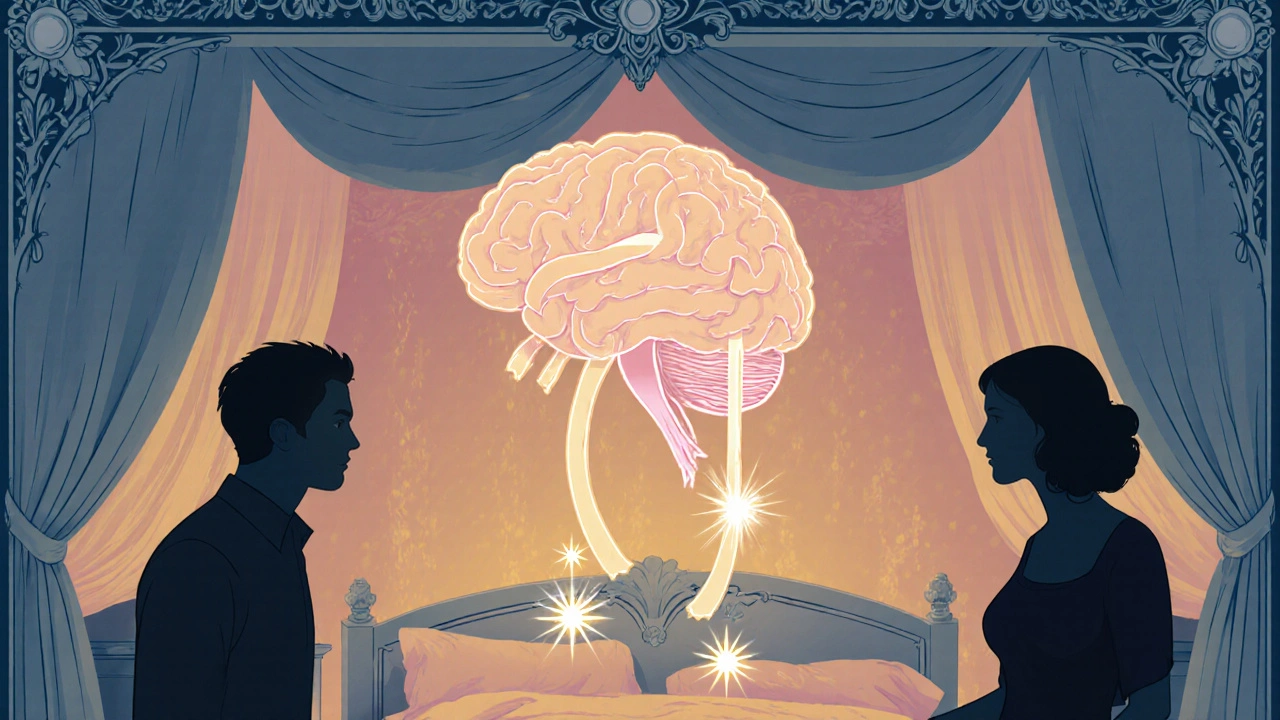Mental Health: depression, Effexor (venlafaxine) and everyday support
Feeling overwhelmed by depression or confused about antidepressants? This category brings together clear, no-nonsense information so you can make better choices with your healthcare team. You’ll find real-life accounts of taking Effexor, straightforward explanations of side effects, and practical ways to add coping tools—like spirituality and mindfulness—to your routine.
Quick guide to venlafaxine (Effexor)
Venlafaxine, sold as Effexor, is a commonly prescribed antidepressant for depression and some anxiety disorders. People take different doses depending on symptoms and response; doctors often start low and raise the dose slowly to lower side effects. Expect common short-term effects such as nausea, dizziness, sleep changes, or mild headaches. Some people notice blood pressure increases or stronger mood shifts—so regular check-ins with your prescriber matter.
Practical tips: keep a simple side-effect diary (date, symptom, severity 1–10) for the first few weeks, check blood pressure at home if you can, and never stop the drug suddenly—withdrawal can feel intense. Ask your clinician clear questions: what dose should I expect at week 2 and week 6? Which side effects usually fade? When should I call you?
Coping strategies and support options
Medication is one tool, not the whole plan. Many readers report better results when they combine meds with simple habits: a brief daily walk, consistent sleep times, and one supportive conversation each day. These actions don’t fix everything, but they reduce the load and make treatment work better.
Spirituality can help some people by offering meaning, routine, or community. That looks different for everyone: quiet meditation, group prayer, nature-based rituals, or regular meetings with like-minded people. If spiritual practice calms you or helps you feel connected, treat it like another healthy habit—notice what helps and keep what works.
Know when to reach out: if your mood suddenly gets worse, you have new plans to harm yourself, or you notice suicidal thoughts, contact emergency services or your clinician right away. If side effects are severe or persistent—intense blood pressure changes, fainting, or severe mood swings—seek immediate medical advice.
Use this section as a quick reference. Read the posts on medication experiences and side effects for firsthand tips, and the article on spirituality for coping ideas you can try today. Keep track of what helps you, share notes with your doctor, and lean on trusted people while you work through treatment choices.








